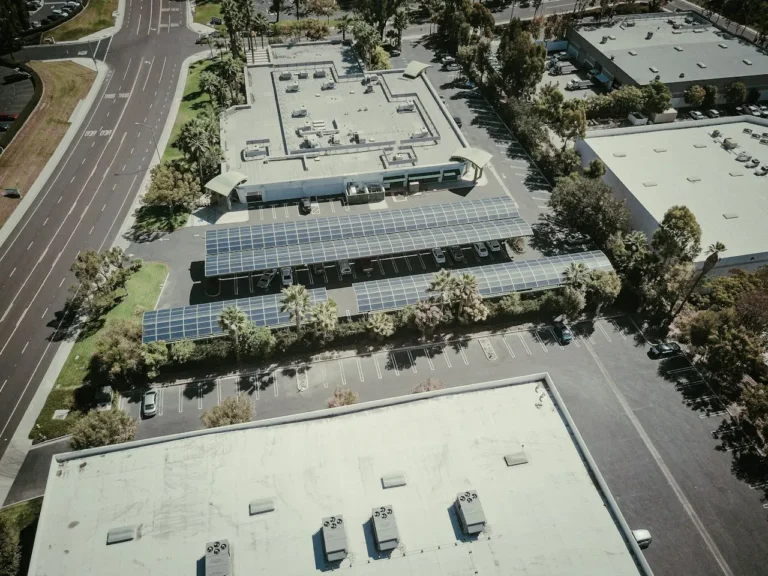
The Institute of Applied Technology—Construction (IAT-C) has launched three new microskill courses designed to attract and equip new talent, with a particular focus on increasing female participation in the sector.
The microskills, designed in partnership with CPB Contractors, TAFE NSW, and Western Sydney University to address the critical skills shortage in the Australian construction industry, include:
Introduction to Women in Construction
Introduction to Sustainability in Construction
The Role of Building Information Modelling (BIM) in Construction
Launched at the newly built IAT-C facility in Kingswood, Western Sydney, these new microskills come at a crucial time when the construction industry in Australia is facing a shortage of over 100,000 workers.
Recognising this challenge and in a bid to encourage more women to pursue careers in construction, the IAT-C has also announced 60 fee-free training places in its micro-credential courses.
CPB Contractors General Manager Infrastructure NSW and ACT Rob Monaci emphasises the need to attract skilled workers, particularly women, to meet the growing demand in the industry.
“We need to be doing more to attract people at all stages of their careers to transition into fulfilling careers in construction, particularly women”, said Rob.
The micro-credentials offered by the Women in Construction Scholarship courses cover a range of high-growth areas, including project management, stakeholder engagement, and quality management in construction.
These courses, which take eight weeks to complete, are available online or face-to-face and provide industry-specific skills recognised as evidence of competence.
CPB Contractors is committed to creating opportunities across the construction industry. Through innovative partnerships such as the IAT-C, which brings together leading educators and best-of-industry expertise to co-create flexible, quick-to-market micro courses that allow people to up-skill and re-skill, CPB Contractors continues to create sustainable pathways, modernise workplaces, improve inclusivity, enhance culture and shift public perception of the whole construction sector as an employer.




